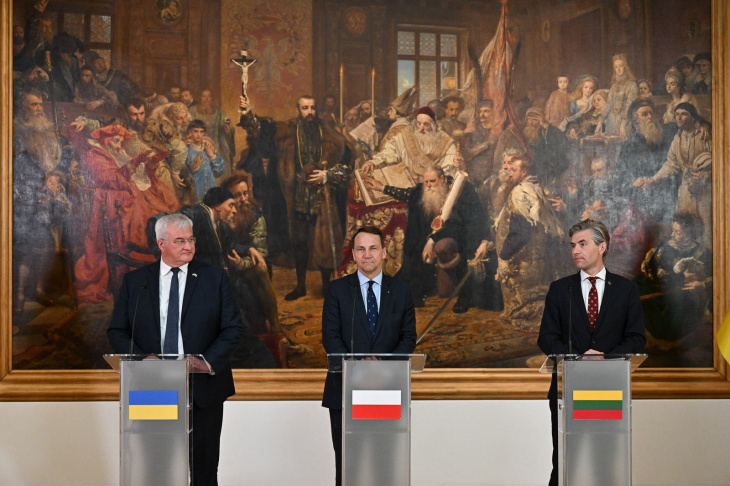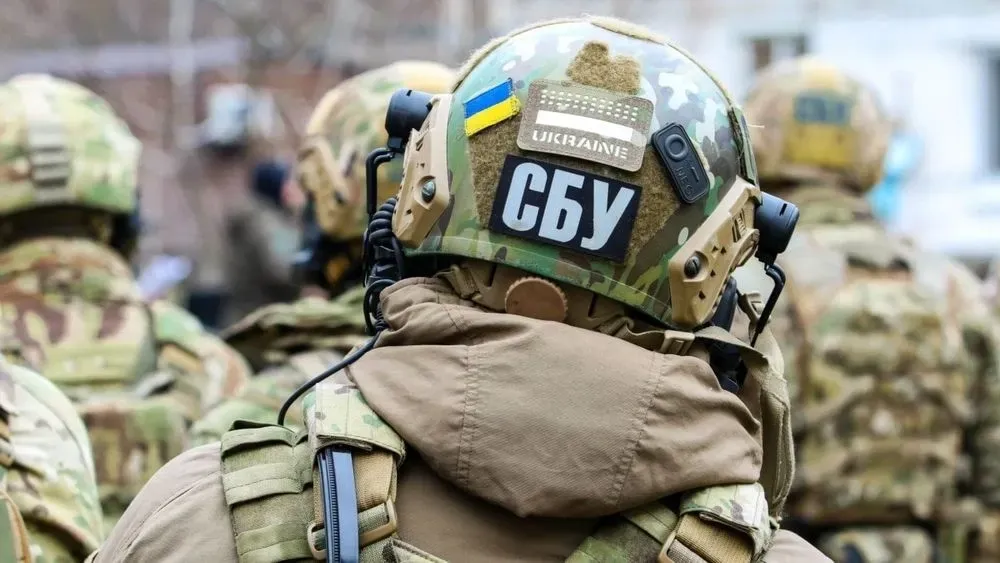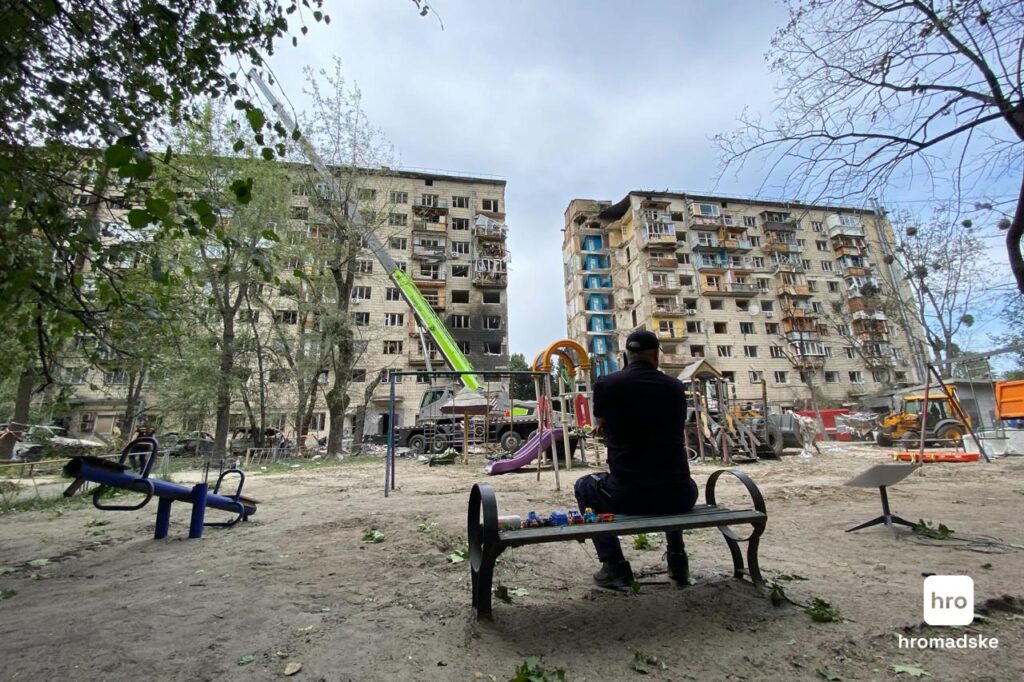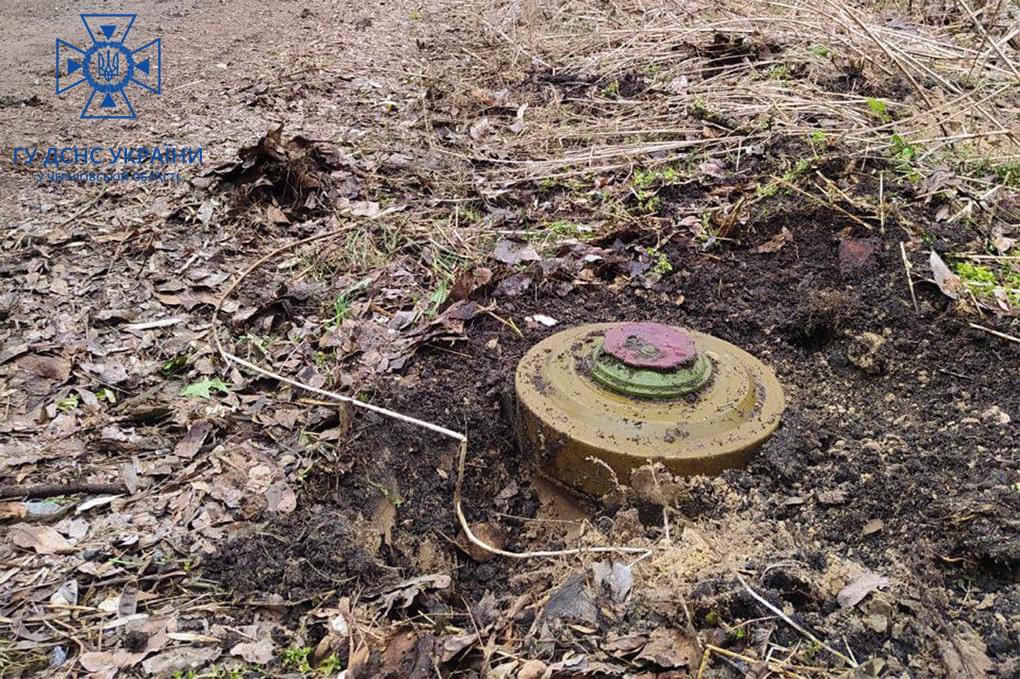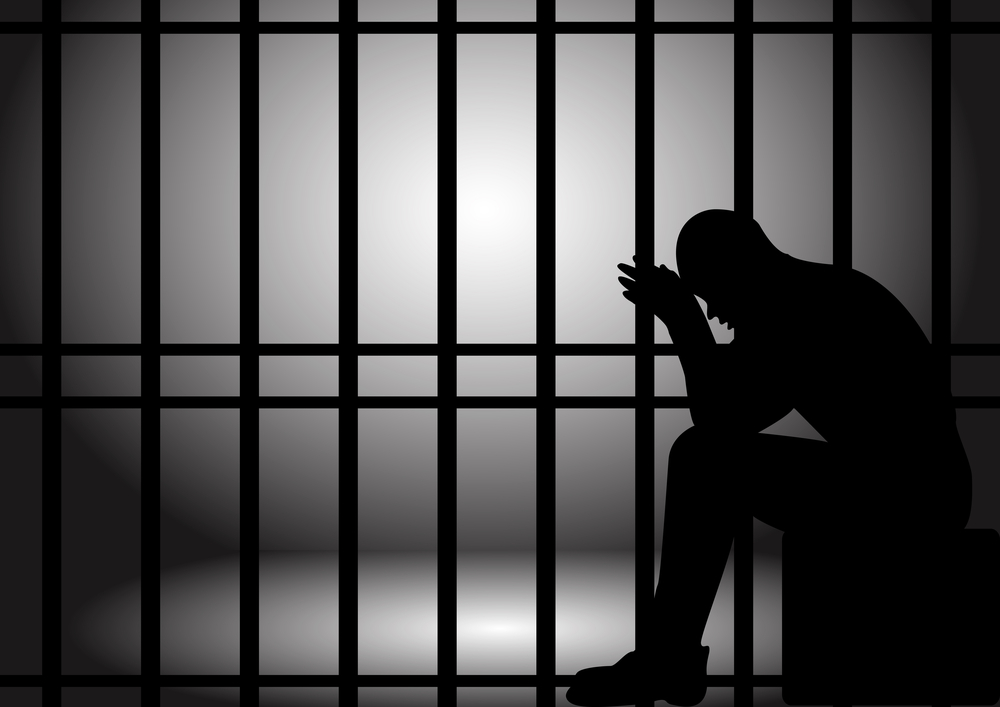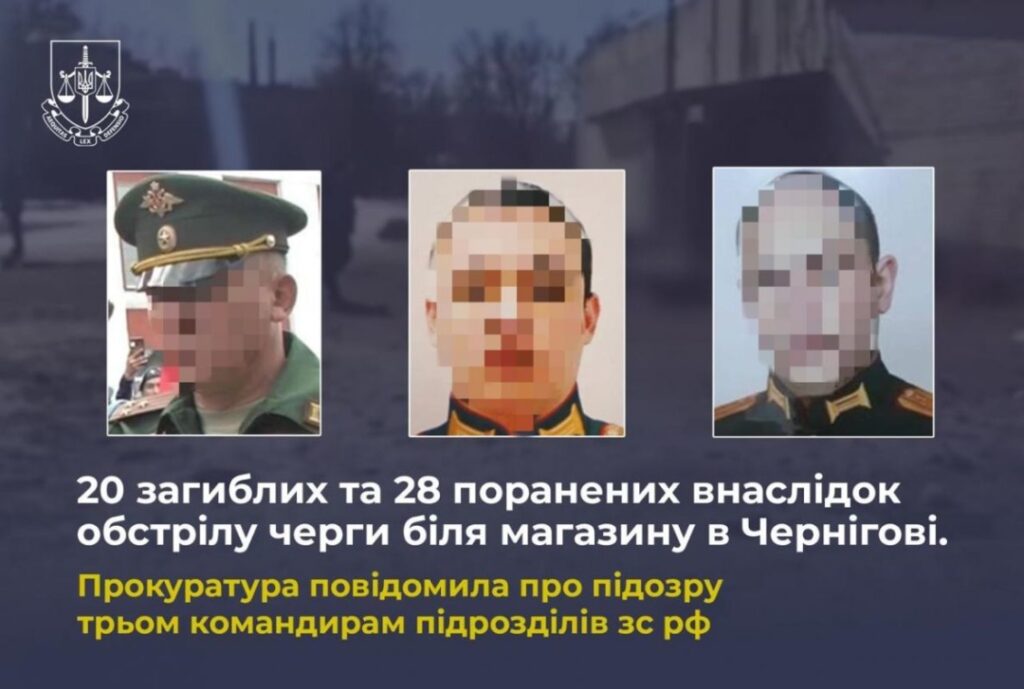Western trust under threat as Zelenskyy nears signing controversial law that crashes Ukraine’s anti-corruption system
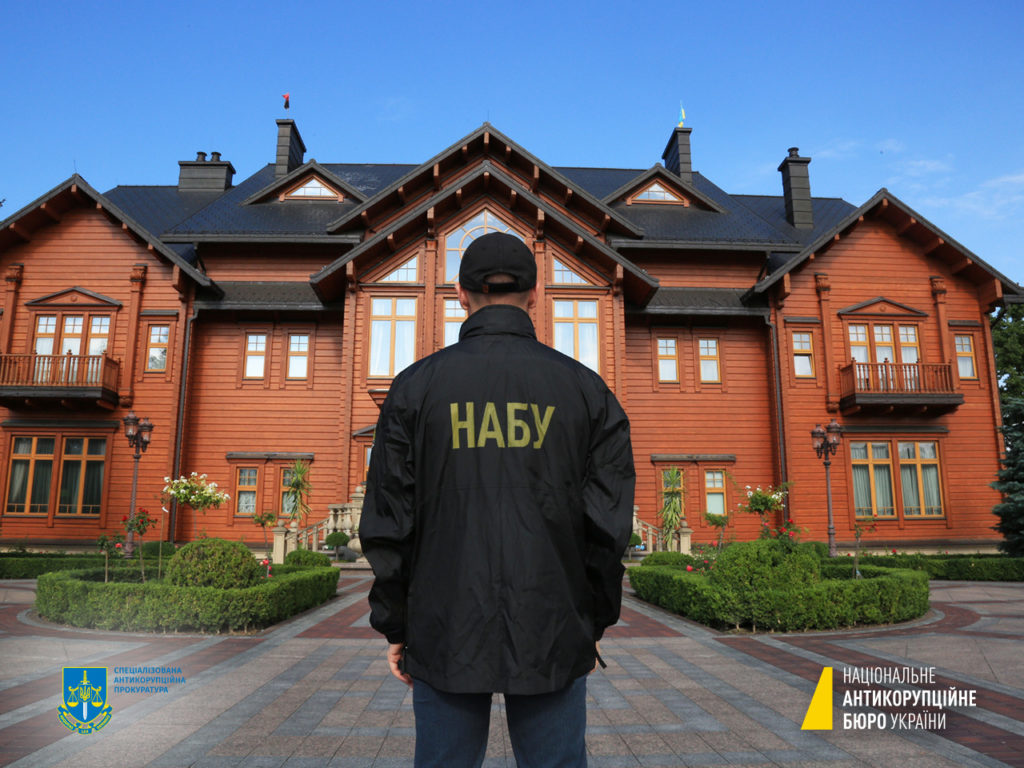
Kyiv risks losing crucial Western support after the Ukrainian Parliament passed, and President Volodymyr Zelenskyy reportedly signed, the controversial bill No. 12414. It curtails the independence of the National Anti-Corruption Bureau (NABU) and the Specialized Anti-Corruption Prosecutor’s Office (SAPO), UkrInform reports.
The law requires key decisions by these institutions to be coordinated with the Prosecutor General’s Office. Vitali Shabunin, head of the Anti-Corruption Action Center, published the full text of the amendments, which he says “de facto nullify the independence of NABU and SAPO.”
The West has reacted swiftly. The European Commission has voiced “concern,” stressing that EU financial support depends on progress in democratic governance. G7 ambassadors have said they plan to raise the issue with Ukrainian officials, Reuters reports.
Guillaume Mercier, the spokesperson for the European Commission for Enlargement, has stressed that the EU is providing Ukraine with significant financial assistance “subject to progress in transparency, judicial reform and democratic governance,” according to Ukrainska Pravda.
“These bodies are crucial to Ukraine’s reform agenda and must act independently to fight corruption and maintain public trust,” he said.
Earlier, Ukraine’s Security Service (SBU) arrested a NABU officer on suspicion of spying for Russia and detained another over alleged business ties with Russia. At least 15 NABU detectives were searched. NABU stated the SBU’s actions were “excessive” and effectively “paralyzed the agency’s operations,” Reuters reports.
Transparency International has warned that the developments show “systemic pressure” on independent anti-corruption bodies and urged President Volodymyr Zelenskyy to publicly reaffirm their independence. The allegations against the detectives are seen as too broad and contradictory not to raise suspicion of political motives.
NABU was established in 2015 under pressure from Western partners and civil society. Its ability to operate independently is now in doubt, especially in light of the arrests, which risk undermining trust in Ukraine’s anti-corruption efforts. Diplomatic missions are continuing to closely monitor the situation.
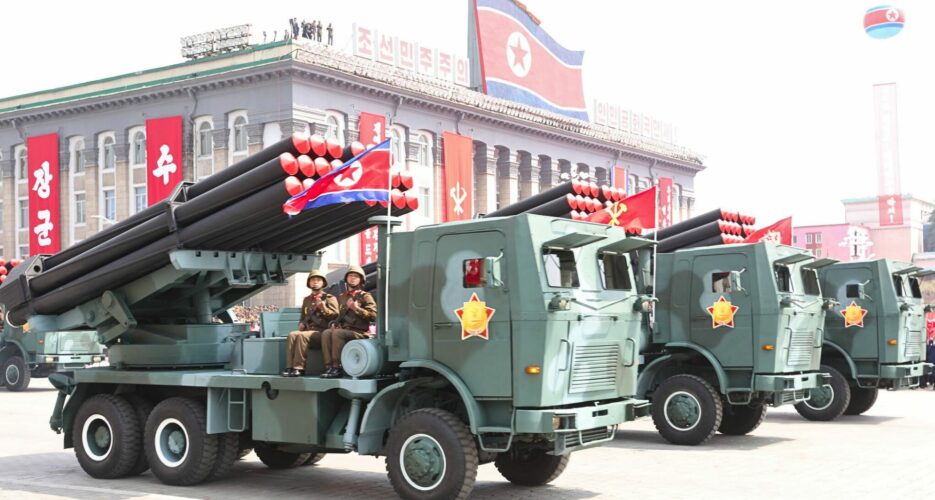
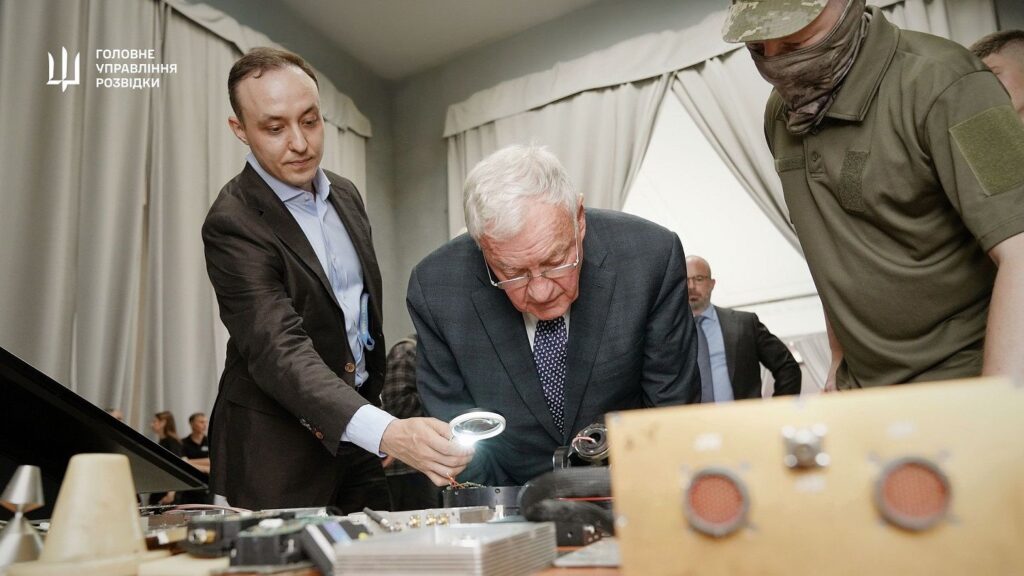
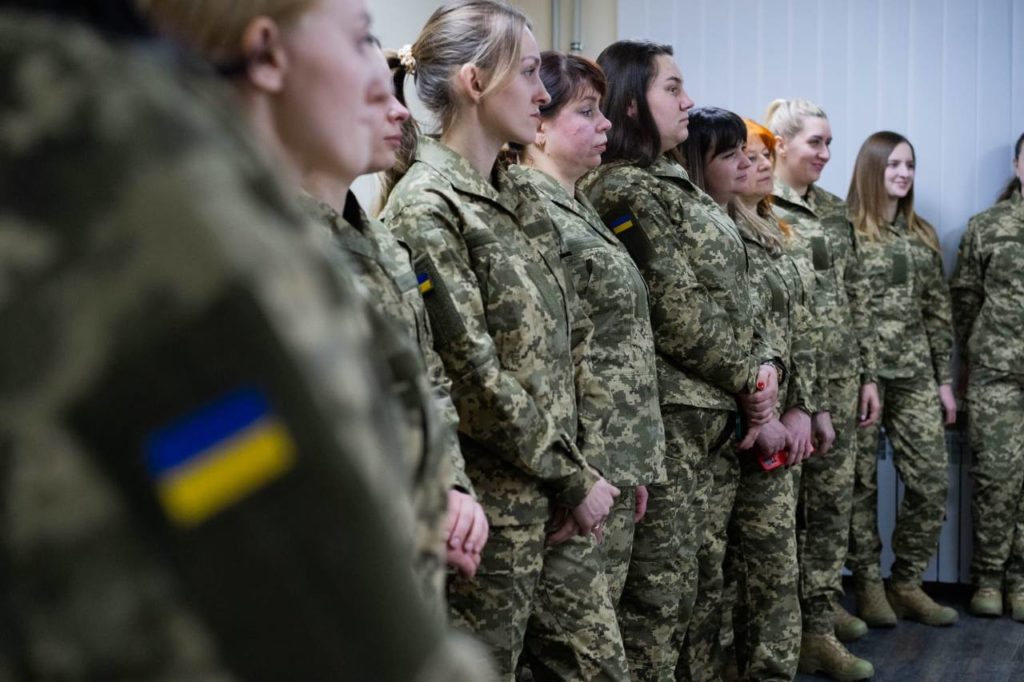
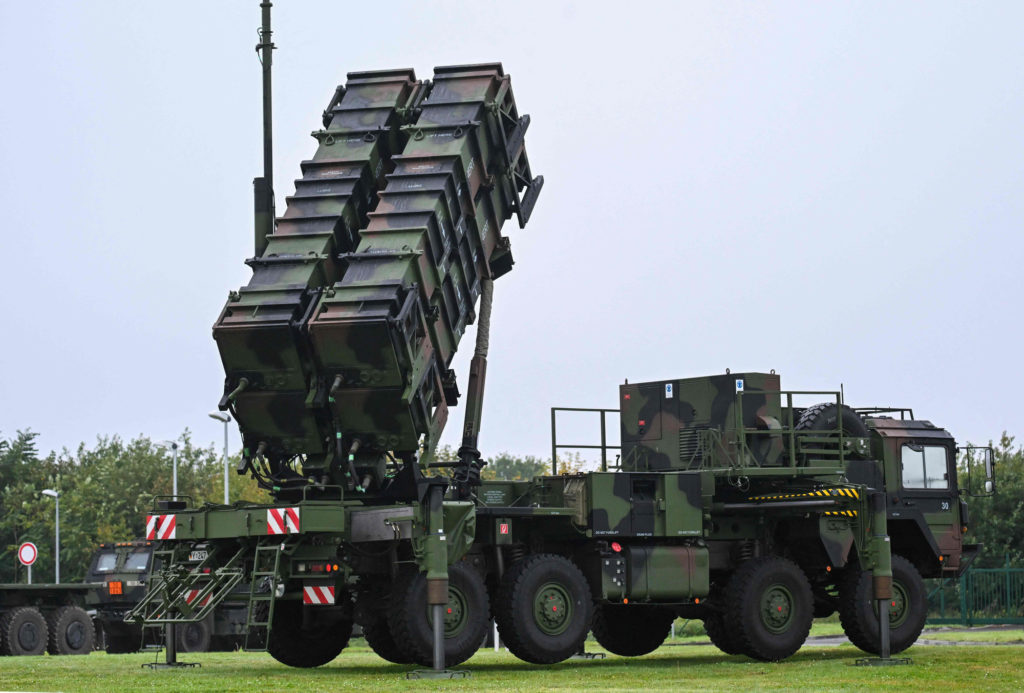
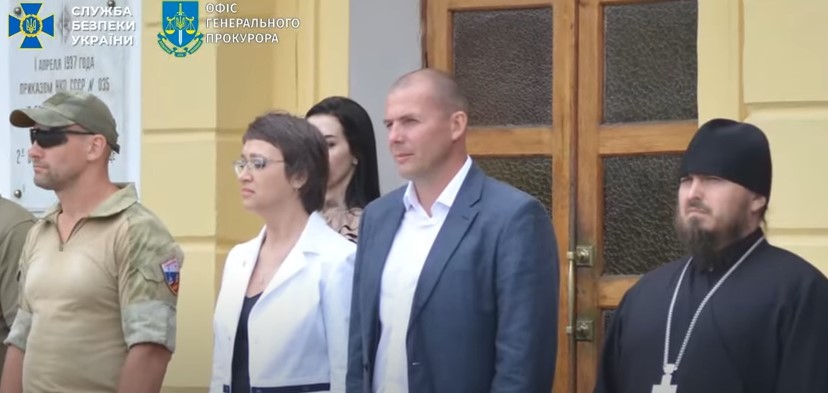
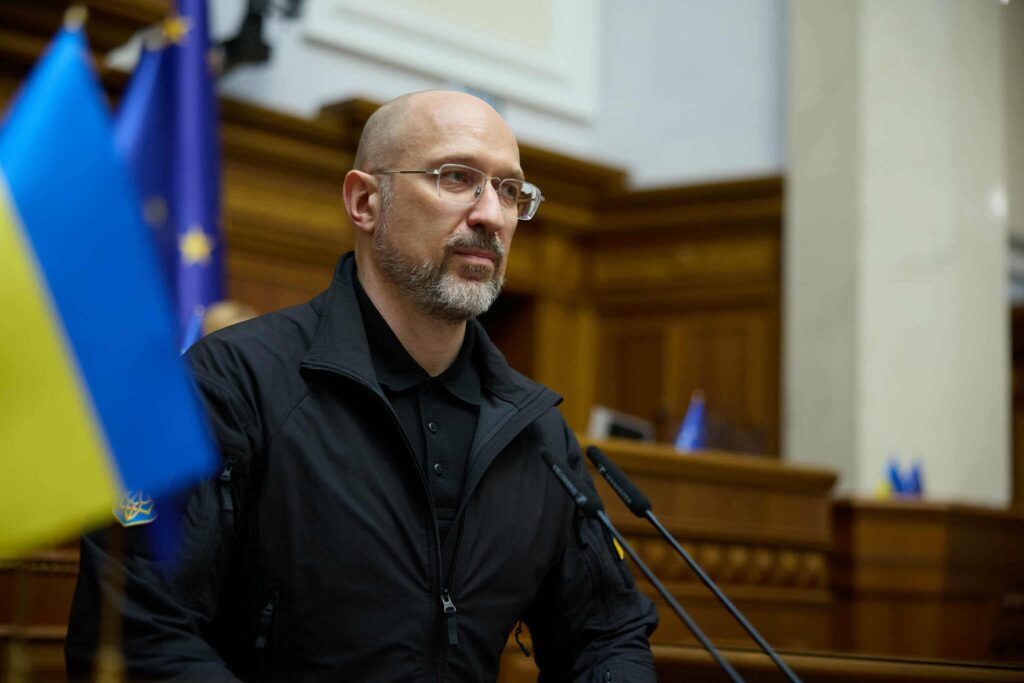

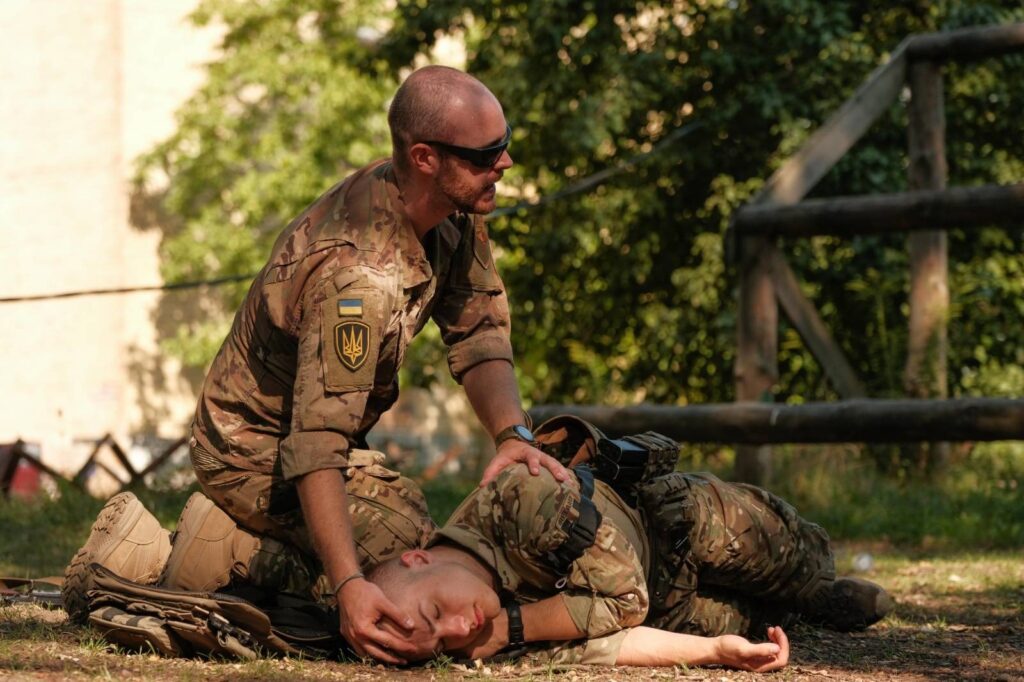
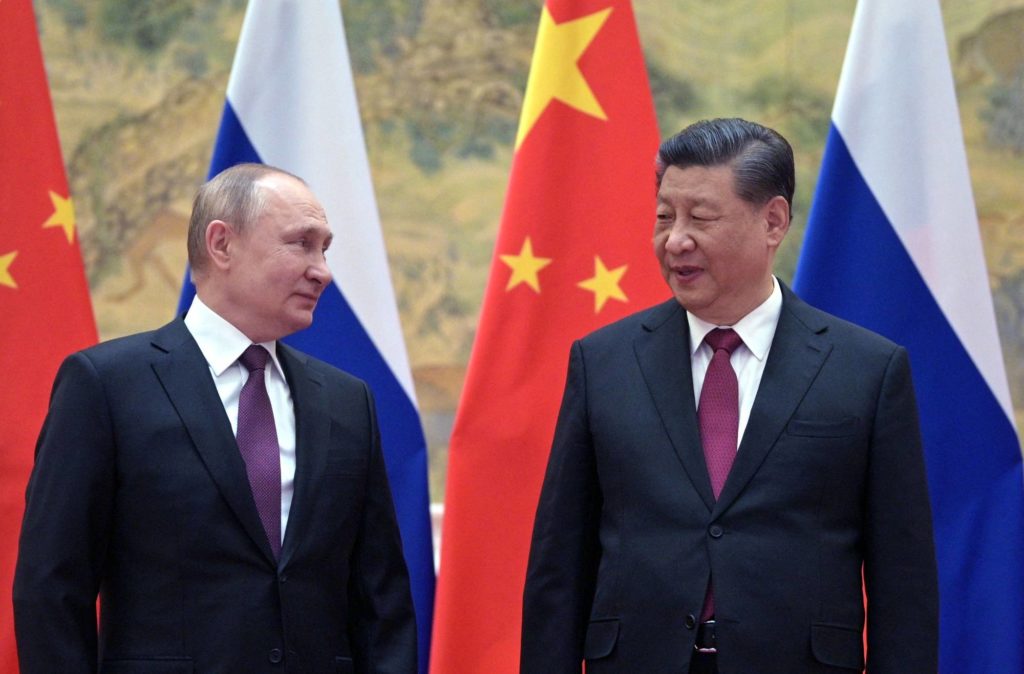
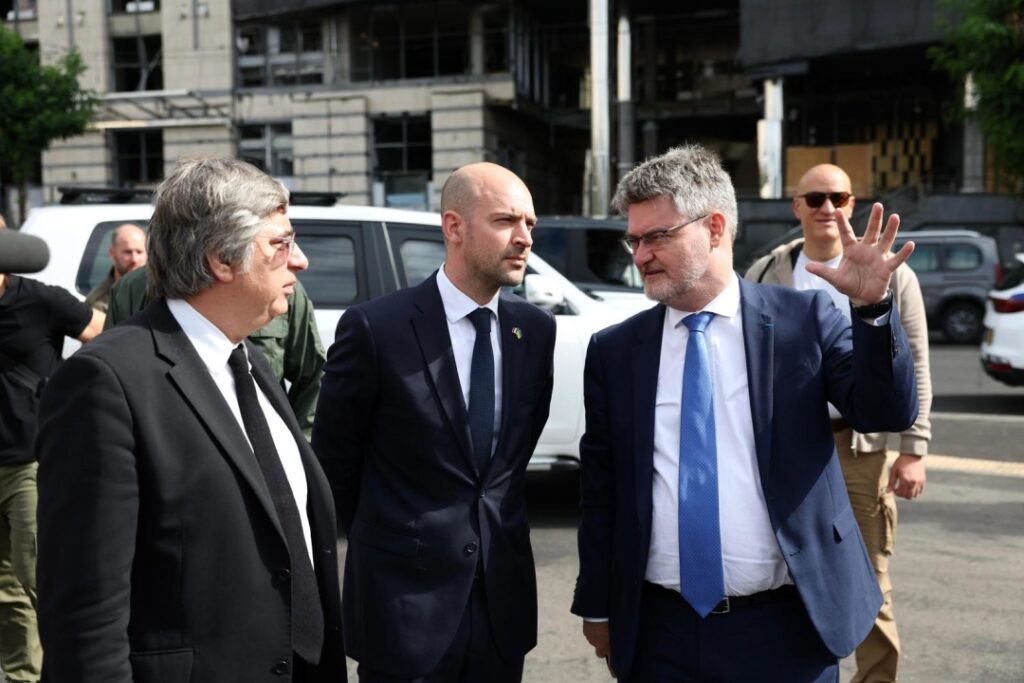
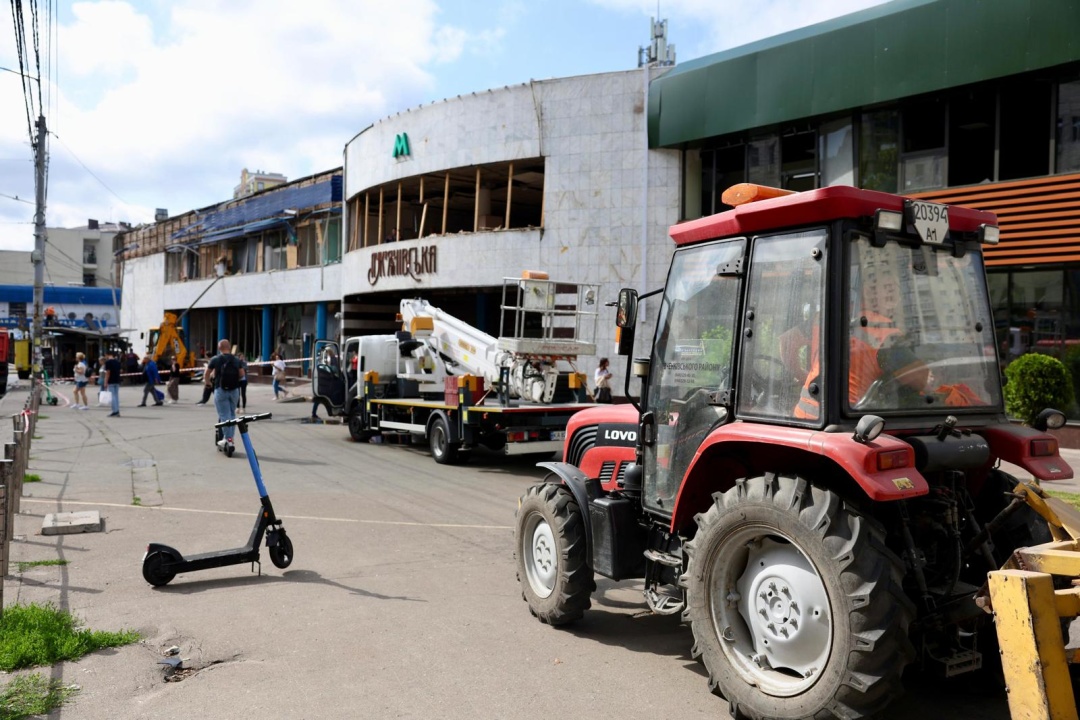


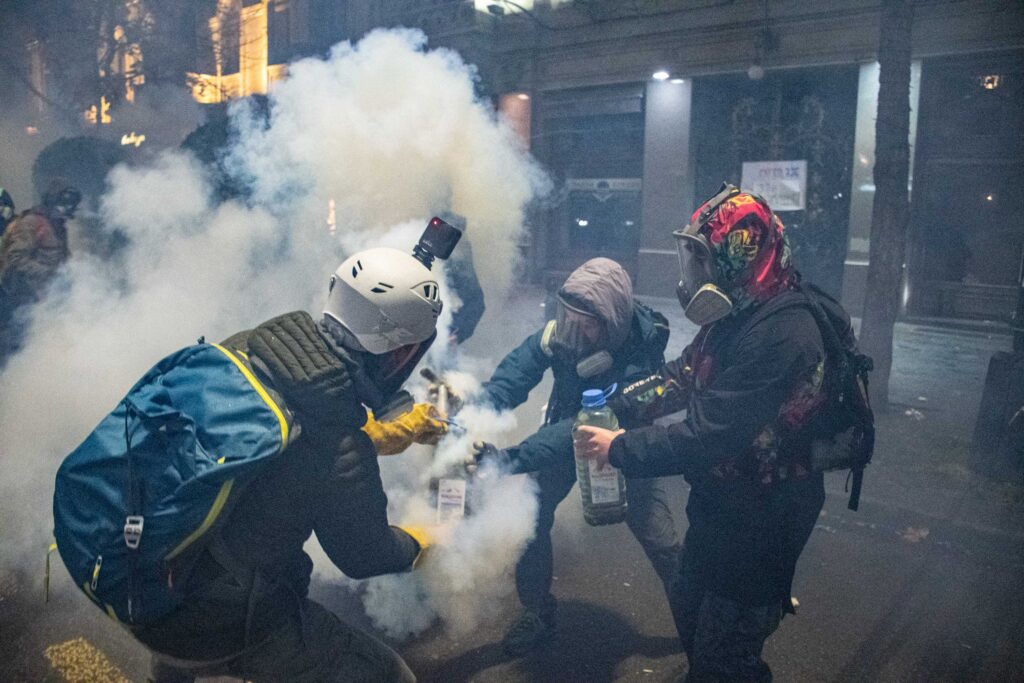
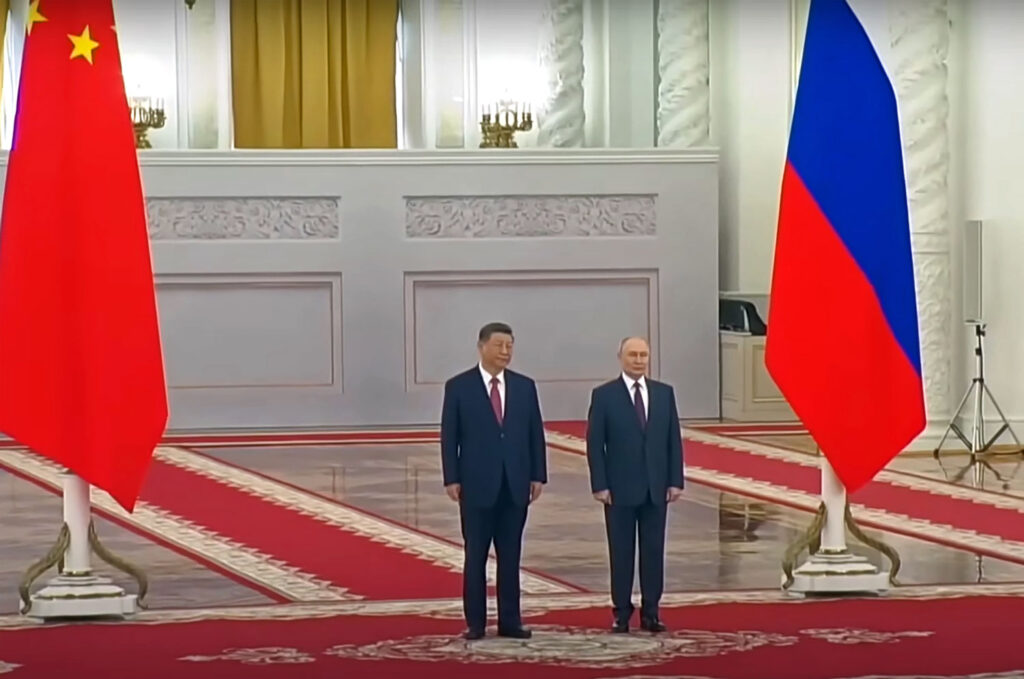

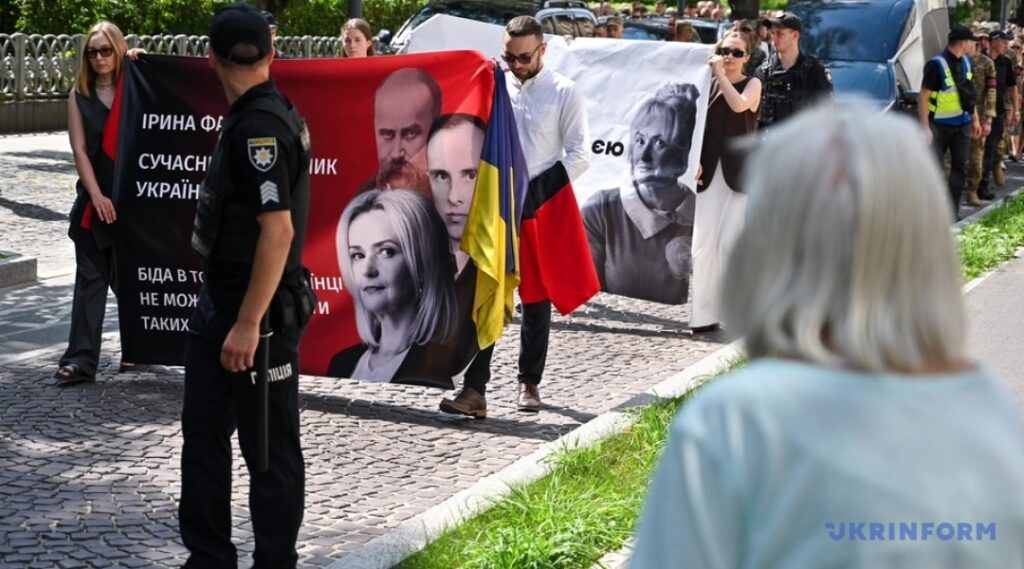
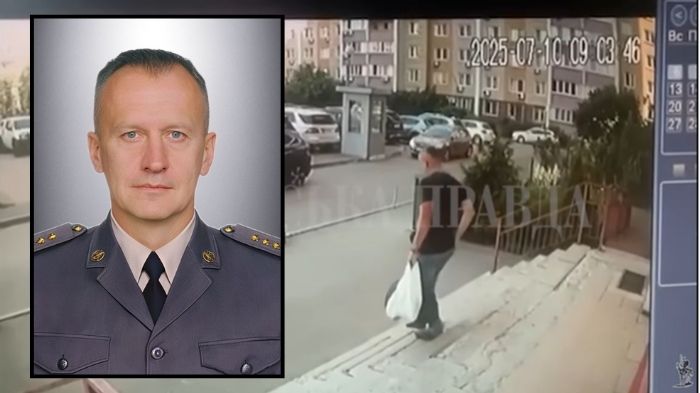


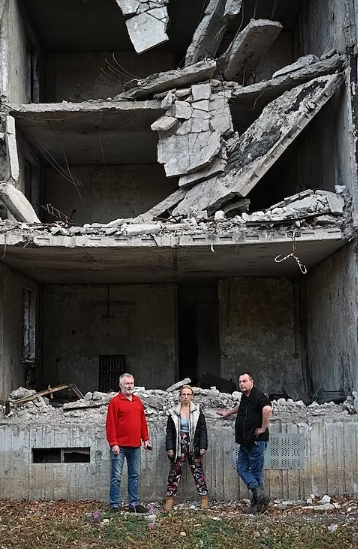

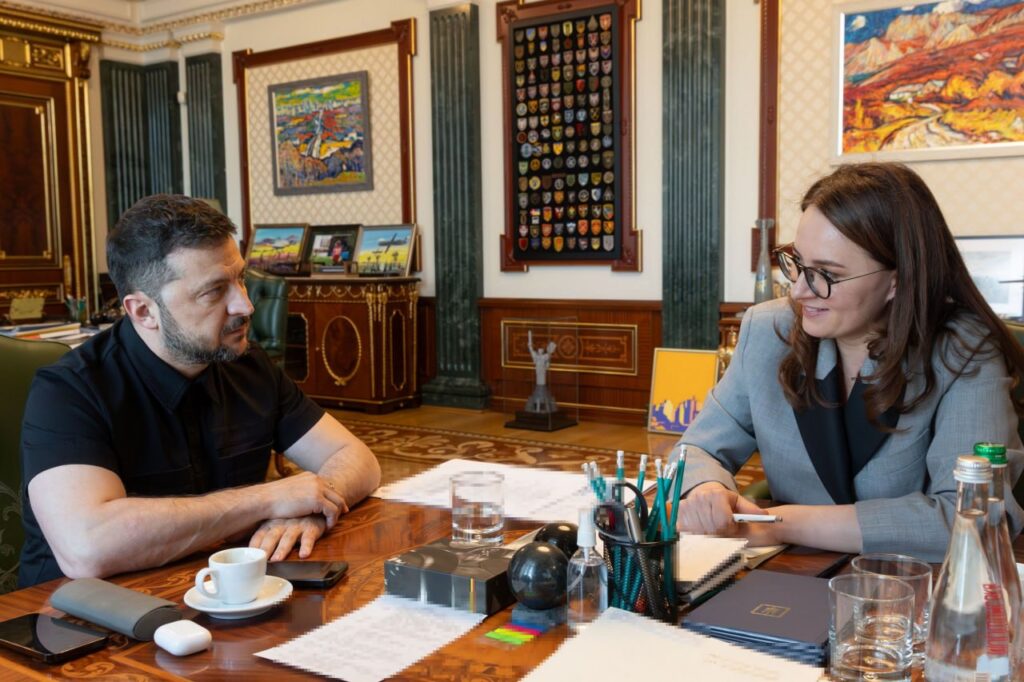
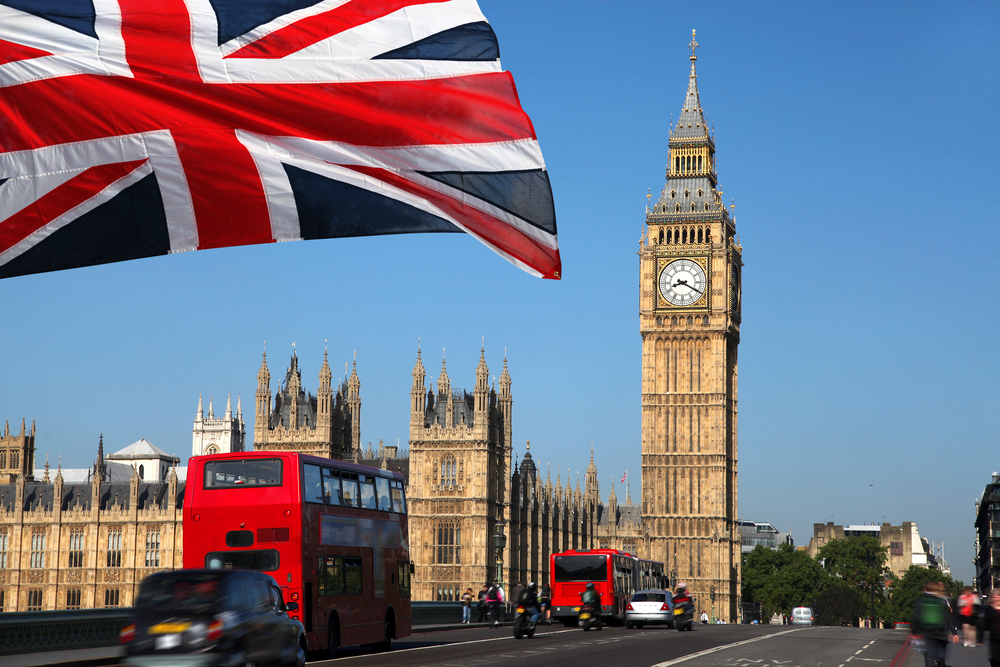
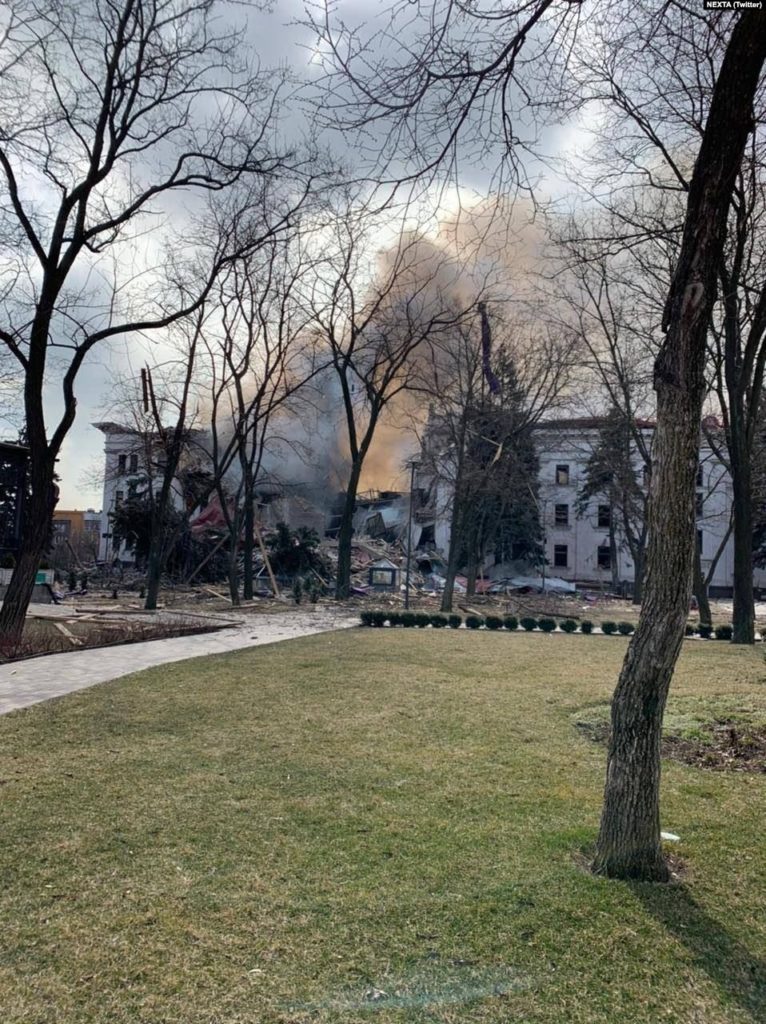
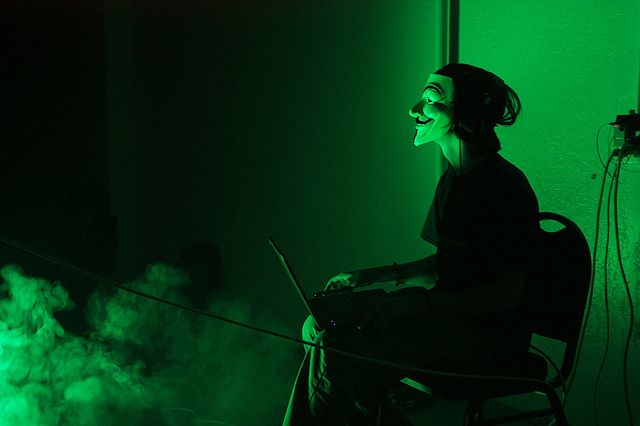



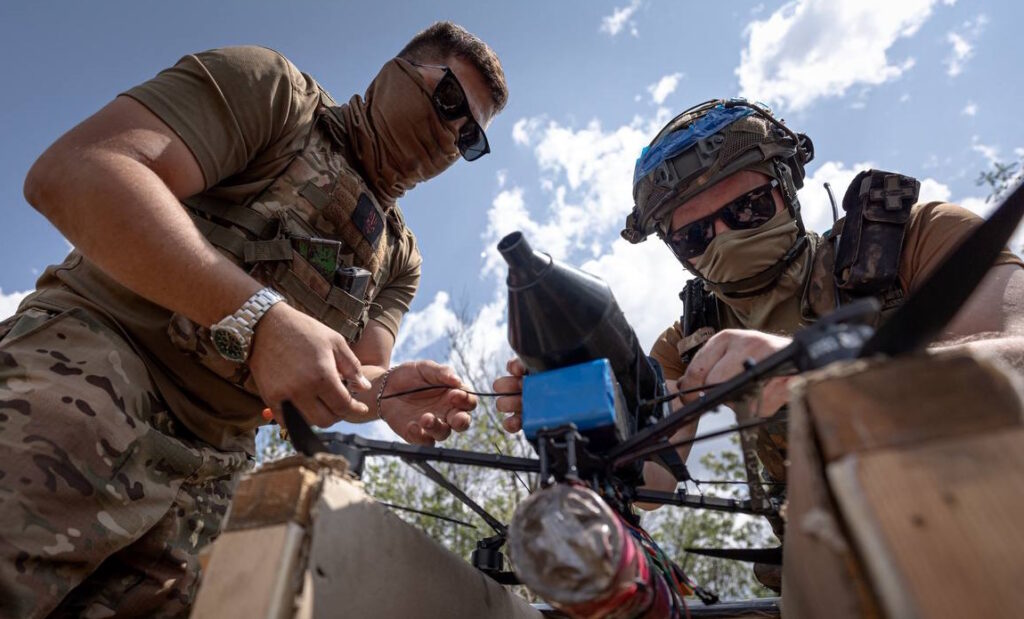



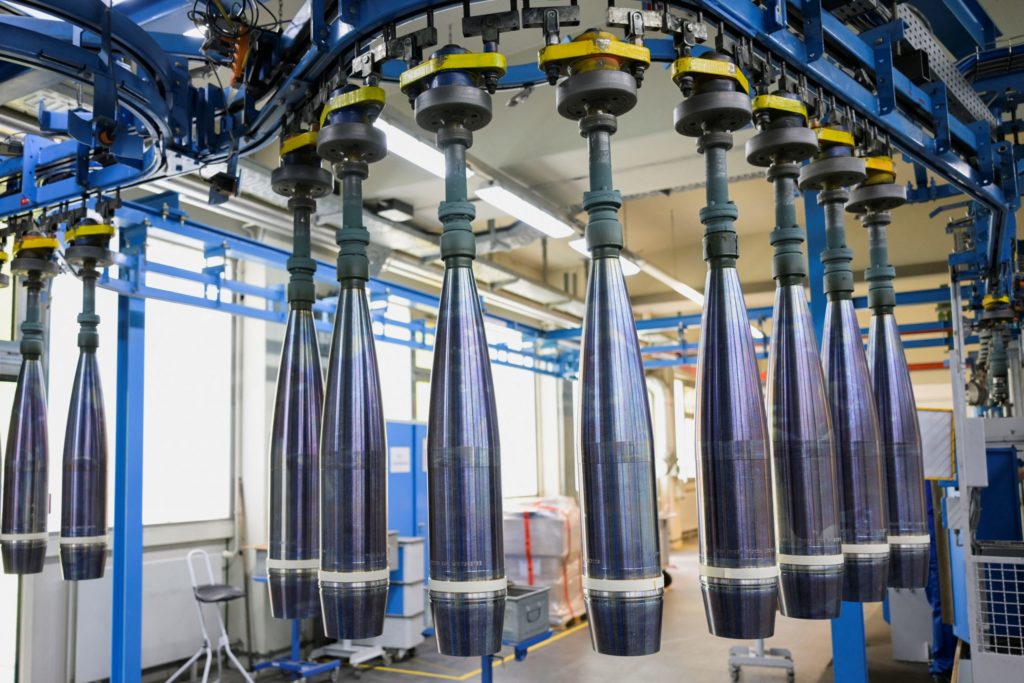

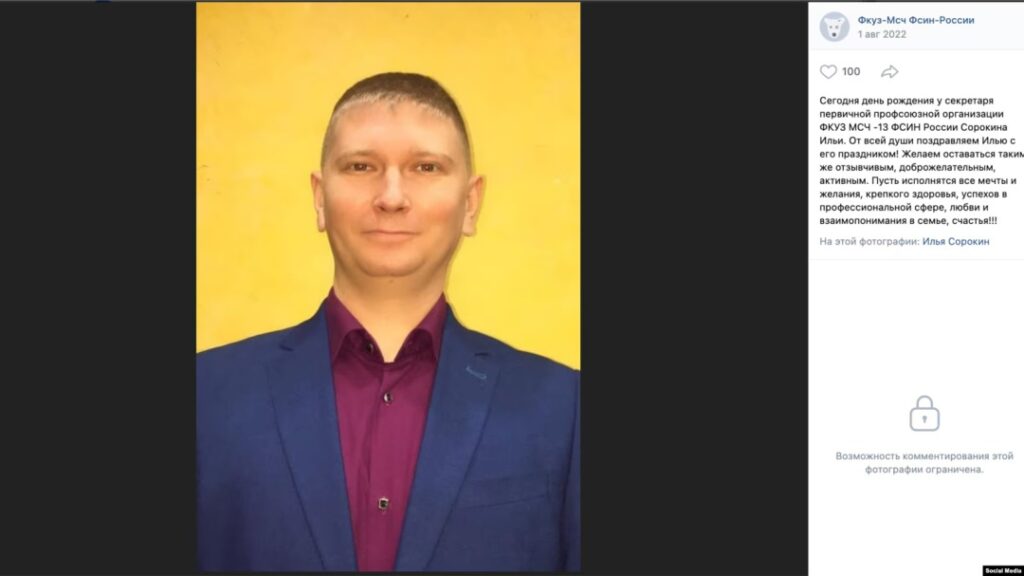


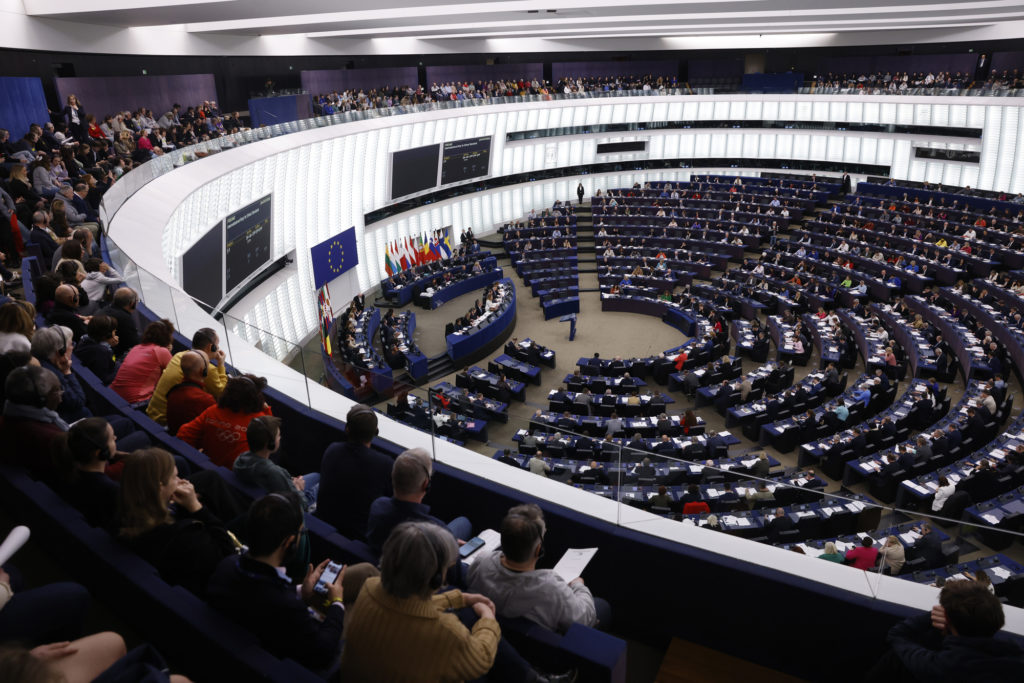
 ambassadors. They may return to the issue on Friday,”
ambassadors. They may return to the issue on Friday,” 